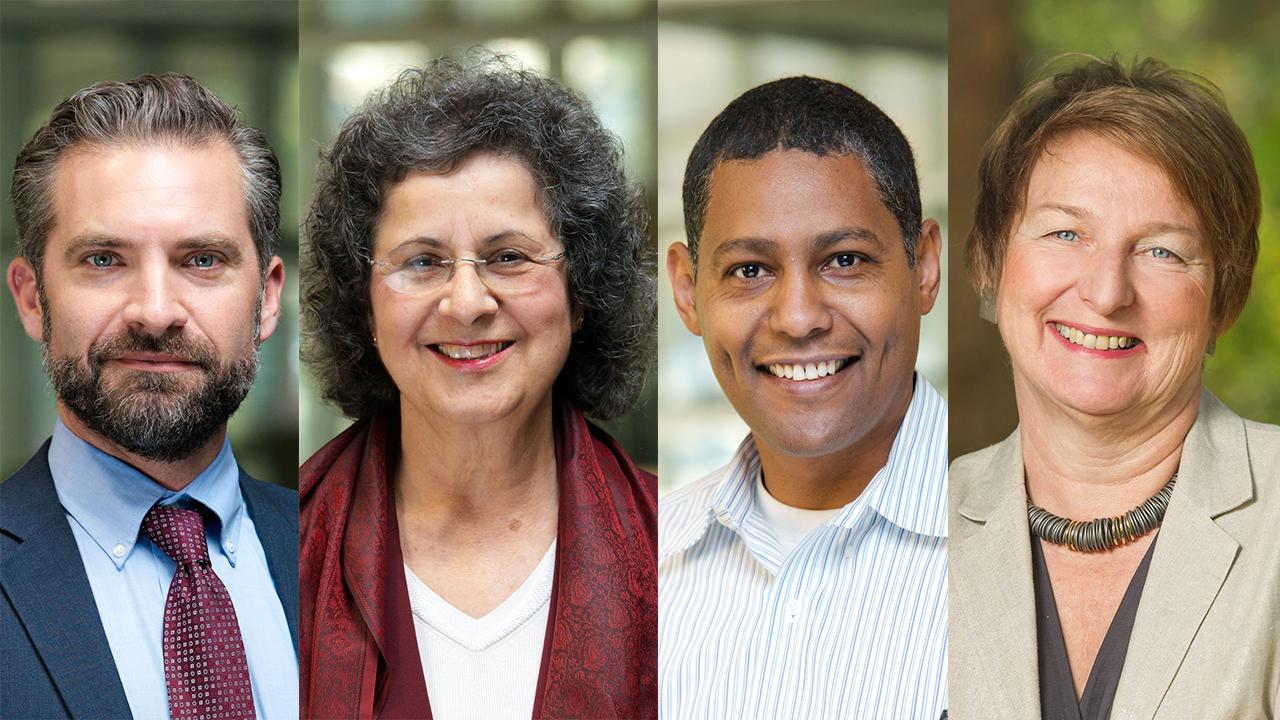
Global Affairs Faculty and Staff Garner Awards and Grants, Publish Books
By Nathan Camp, international training and education outreach manager, Global Affairs
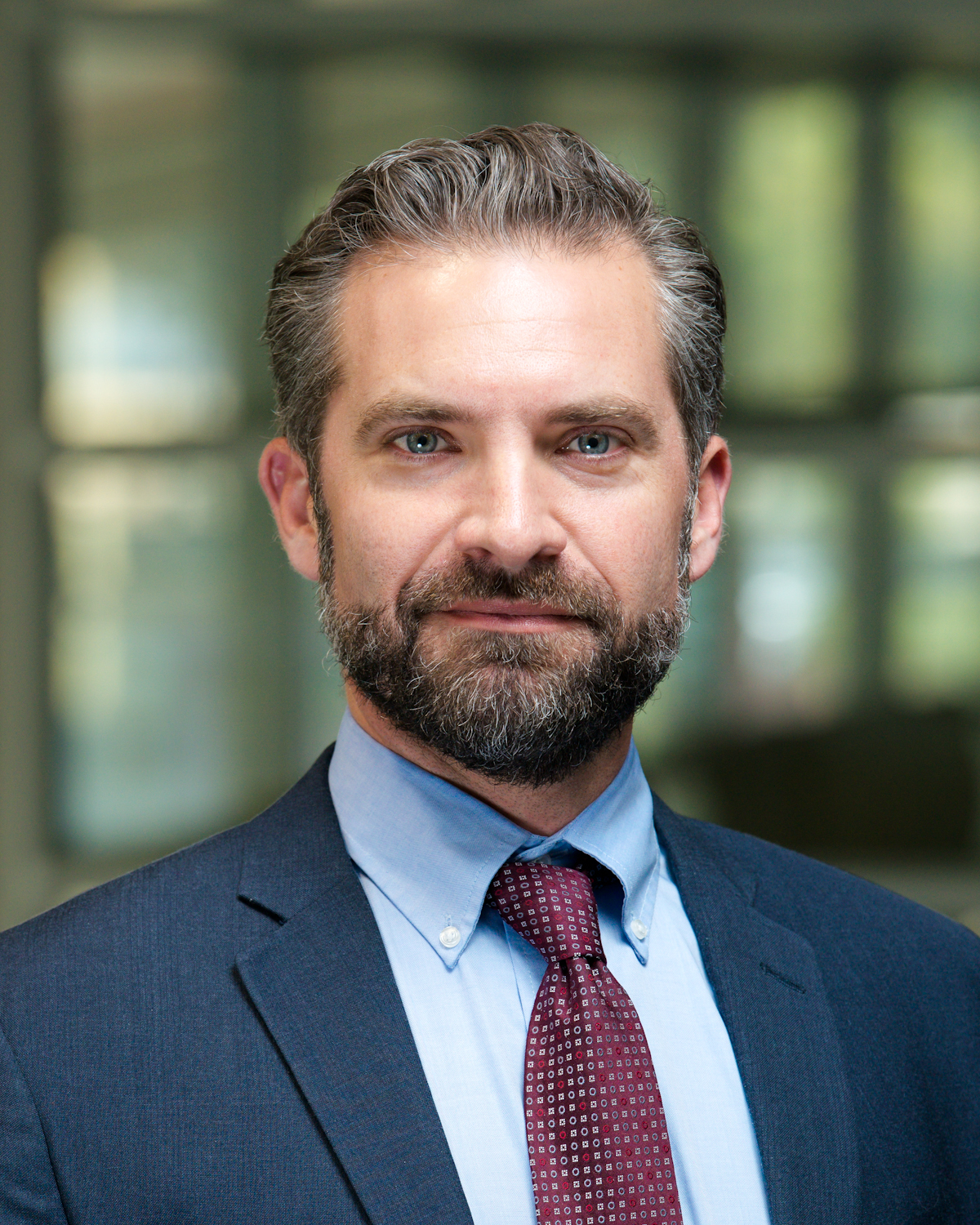 Zachary Frieders
Zachary Frieders
Zachary Frieders, director of Study Abroad, received the Lily von Klemperer Award from NAFSA during its annual conference in May 2018. NAFSA is the world’s largest nonprofit association dedicated to international education and exchange.
Lily von Klemperer (1911-1988) was a pioneer of the education abroad profession. Her eponymous award is designed to recognize an individual who embodies a high degree of professional standards and ethics, helps mentor and guide others in the field, and is expected to contribute to the profession for years to come.
Frieders has been with Study Abroad, a part of Global Affairs, since 2005 and has served as its director since 2014. During that time, Frieders has helped UC Davis offer students an expanding array of opportunities, including domestic “study away” programs, service programs, and international internships. He is currently taking a leadership role with the Global Education for All initiative, exploring new learning avenues to prepare students for a global future.
A longtime member of NAFSA, Frieders serves as a coach for the association’s Academy for International Leadership, providing mentorship in an intensive year-long professional development program.
“To the extent that the Lily von Klemperer award recognizes and encourages everyone in our professional community to support and mentor each other, I’m deeply honored,” Frieders said.
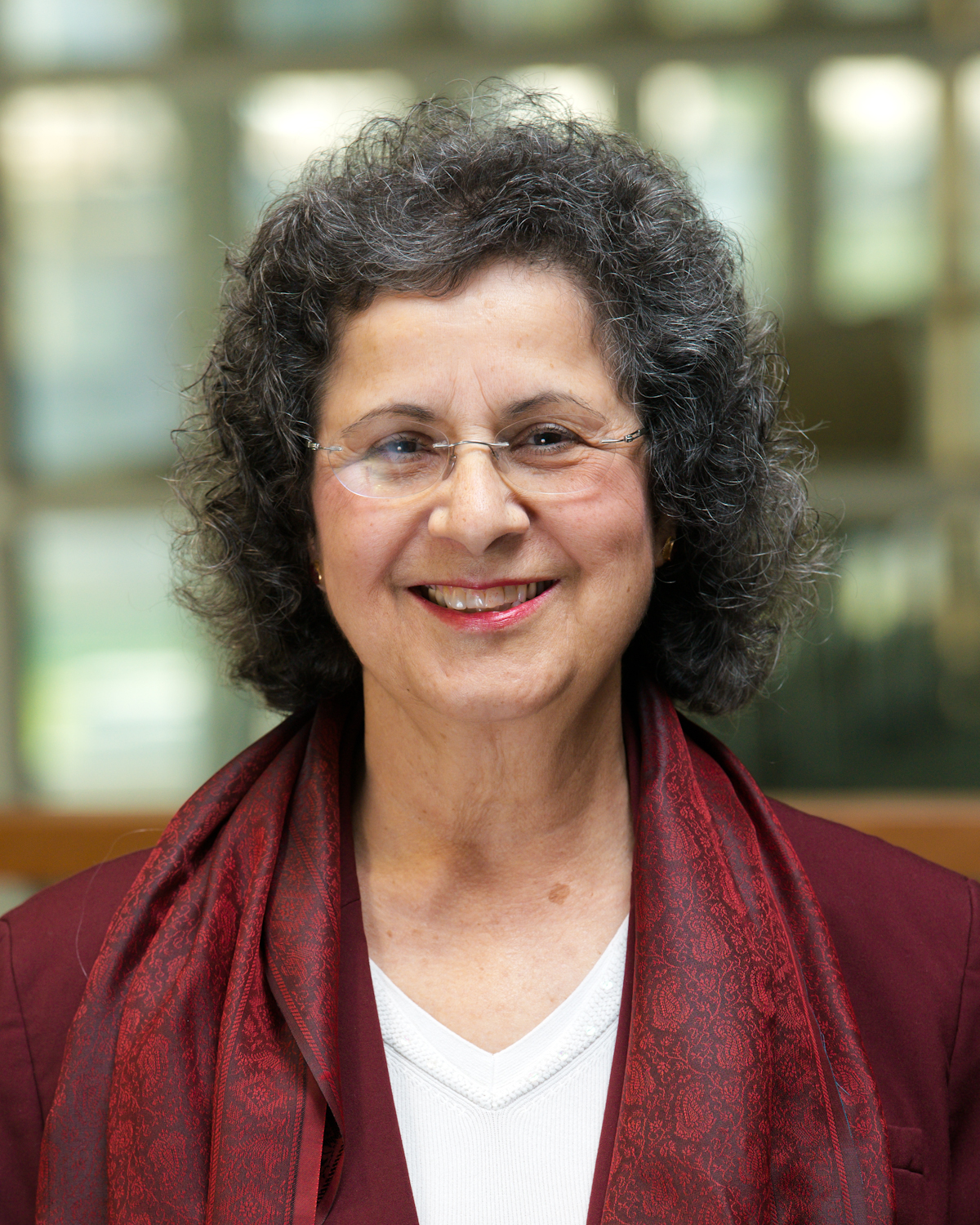 Suad Joseph
Suad Joseph
Suad Joseph, distinguished research professor in anthropology and gender, sexuality and women’s studies, and chair and founder of University of California, Davis, Arab Region (UCDAR) Consortium, is the editor of a major new collection of scholarship on Arab families.
Arab Family Studies: Critical Reviews (Syracuse University Press, 2018) is a twenty-four chapter, 640-page country-by-country review of the scholarship on Arab families over the last half century. Written by experts and scholars from multiple countries, it offers new approaches to the critical study of family in the Arab region and features a 120-page bibliography covering a century of research on Arab families.
Joseph began studying families in the late 1980s, compelled by observations during field work as well as her own family experiences.
“The family is the core institution of Arab societies, and indeed much of the world,” she said. And given the reality of political and economic change, “families are most often the single institution that offers reliable support and attracts the loyalties and commitments of their members.”
Since political, economic, and religious institutions often invoke the power of family loyalties to further their own ends, the critical study of familial structures can provide insight into a wide range of social dynamics.
In 2001, Joseph founded UCDAR, now a part of Global Affairs, and the Arab Families Working Group. Years later, the latter group has played a major role in the compilation of Arab Family Studies.
“My motivation in carrying out this project,” said Joseph, “was to offer a benchmark of completed scholarship in order to encourage innovative and path-breaking future research on this most vital of social institutions in the Arab region.”
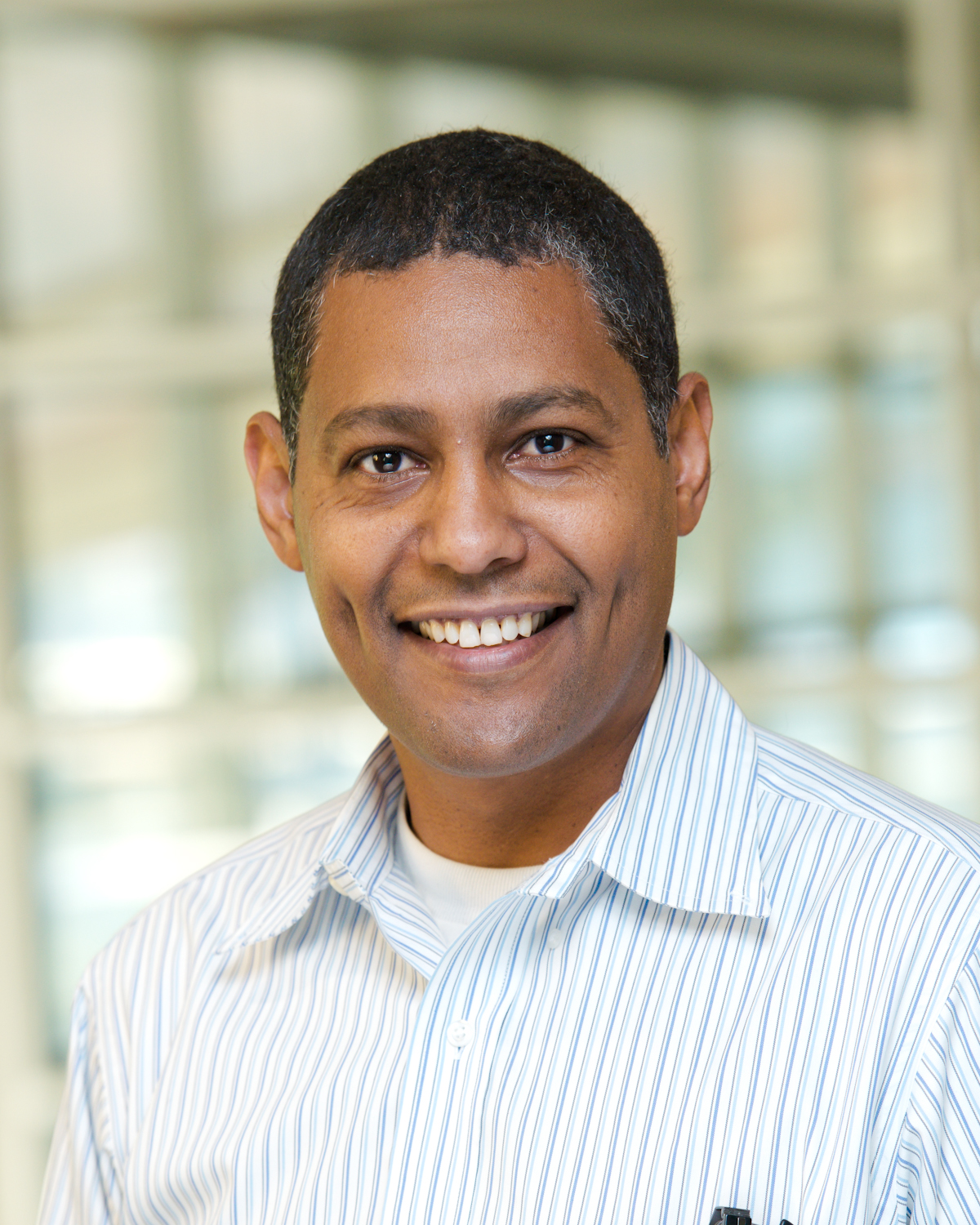 Ermias Kebreab
Ermias Kebreab
Ermias Kebreab, associate vice provost of Global Affairs and professor and Sesnon endowed chair of animal science, is part of an international network of researchers that will be sharing an $8.7 million Bill and Melinda Gates Foundation grant received by the University of Florida. The grant will fund five years of research to increase livestock productivity in Ethiopia and Burkina Faso.
UC Davis, University of Florida, and two institutional partners in Africa will collaborate on several studies aiming to understand the variation in nutrient requirements of livestock, and the nutrient profiles of feeds available to farmers, for different regions during different seasons of the year. The goal is to develop a ration formulation tool to guide the feeding of animals in low income areas.
“We hope this will lift farmers from poverty,” said Kebreab. “It will enable them to increase livestock productivity to satisfy their own needs and meet market demand.”
Led by Kebreab, the UC Davis team will coordinate the animal trials to be conducted in Burkina Faso and Ethiopia and will develop the formulation software in local languages. There’s an additional benefit for the African collaborators, Kebreab noted.
“Most of the research is done on the ground in Africa,” he explained, “so this project will also help build capacity for African researchers and universities.”
Kebreab was also presented the 2018 American Society of Animal Science (ASAS) Jean-Claude Bouffault International Award during the ASAS annual meeting in Vancouver in July 2018. The award seeks to recognize and stimulate distinguished service to animal agriculture in the developing areas of the world.
Jean-Claude Bouffault (1927-1990) was an equine scientist who recognized the benefits of international scientific collaboration, particularly with regard to animal health and nutrition.
Bouffault Award nominees make scientific contributions within animal agriculture in developing areas of the world by way of teaching, research or other service over a period of five or more years.
Kebreab, who has degrees from Eritrea and the United Kingdom, joined UC Davis in 2009. He conducts research on reducing the impact of animal agriculture on the environment, particularly greenhouse gas emissions globally. He has mentored or hosted over 30 international scholars in his laboratory and authored over 190 peer-reviewed articles, 34 book chapters, and edited five books.
“I am incredibly honored to receive this award and thank my students and collaborators from Africa, Asia, Australia, Europe, and Latin America,” Kebreab said.
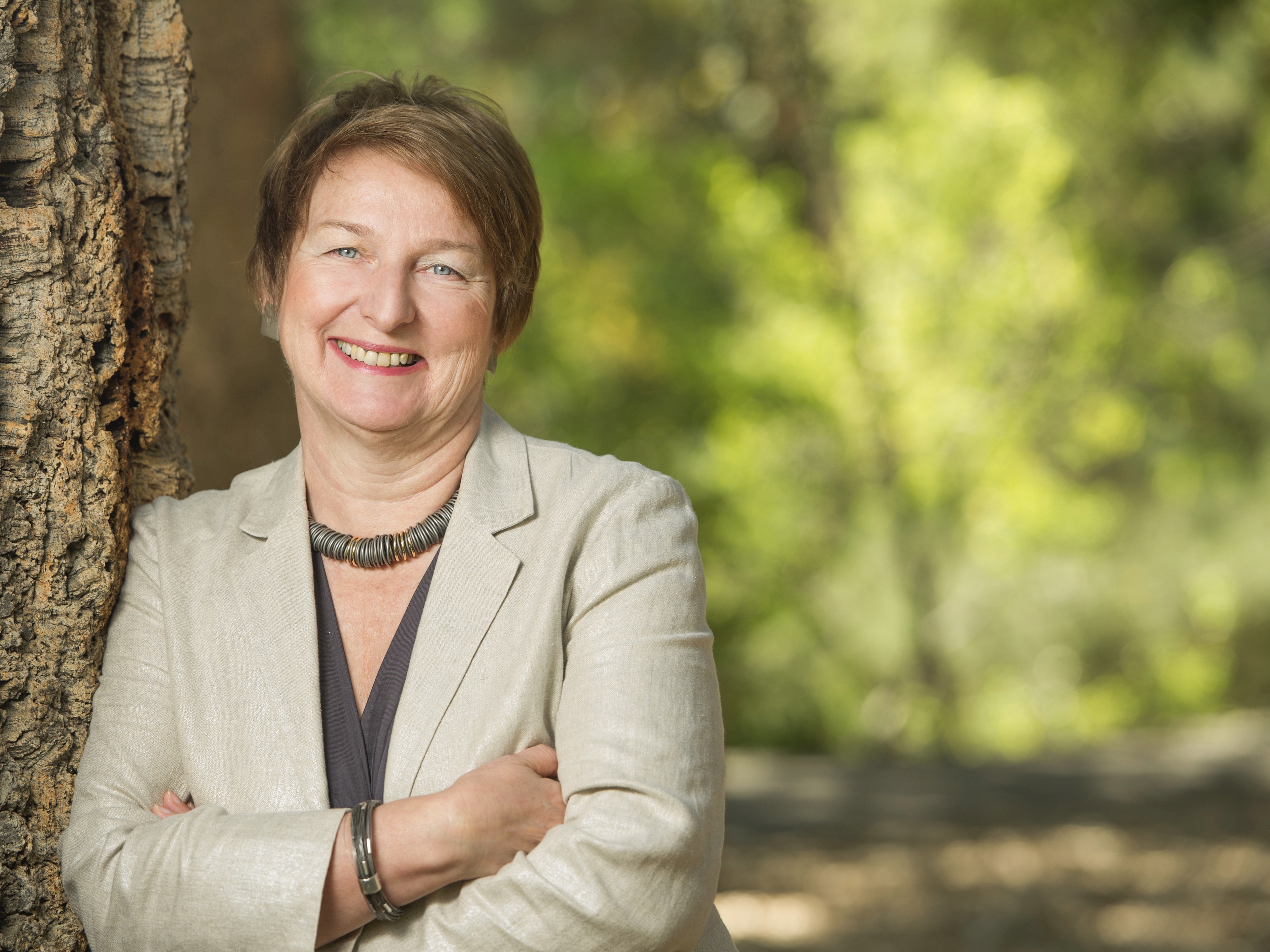 Joanna Regulska
Joanna Regulska
Joanna Regulska, vice provost and associate chancellor of Global Affairs and professor of gender, sexuality and women’s studies, published her most recent book in January 2018.
Co-authored with academic colleagues M. Grabowska and E. Rekosz-Cebula, Between Mayor and Vicar: Women’s Role in Polish Local Government (1990-2016) (Warsaw, Poland: Wydawnictwo IFiS PAN, 2018) continues Regulska’s contributions to the study of women’s agency and politics. The book inspired a conference in Poland focused on the same topic, at which Joanna presented.
Regulska earned master’s and doctoral degrees in geography from the University of Warsaw and the University of Colorado, Boulder, respectively. She also helped establish gender studies programs at the Central European University (Hungary) and Tbilisi State University (Republic of Georgia). Her research focuses on grassroots organizing and the ways women mobilize politically, especially in times of political turmoil.
She was a faculty member at Rutgers in 1989 when the Soviet Union’s power over Eastern Europe began to weaken. Seeing an opportunity for action, Regulska worked with partners to establish what became Poland’s most successful non-governmental organization, the Foundation in Support of Local Democracy (FSLD). The FSLD, whose mission is to promote the idea of civil self-governance as the fundamental form of democracy, has trained over 1.4 million people in Poland and neighboring countries.
Regulska’s latest publication explores the role of women in local governance in Poland since the fall of the Soviet Union. “My hope is that this book will empower women in their quest for political representation and recognition,” says Regulska, as she looks to the future. “The local elections this fall will be critical for protecting Polish democracy and social justice.”
About Global Affairs at UC Davis
Global Affairs brings the world to UC Davis, welcoming more than 8,400 international students, scholars and leaders, and hosting programs that inspire global curiosity, understanding and engagement. Compelled by the valuable outcomes of thinking globally, we make transformative opportunities a reality by supporting the thousands of students and faculty studying and researching internationally-and by facilitating collaborations that tackle the world's most pressing problems through more than 150 international partnerships.
Putting our vision of a UC Davis community that engages, thrives, and leads in this interconnected world into action, Global Affairs is now in pursuit of an ambitious goal: Global Education for All.